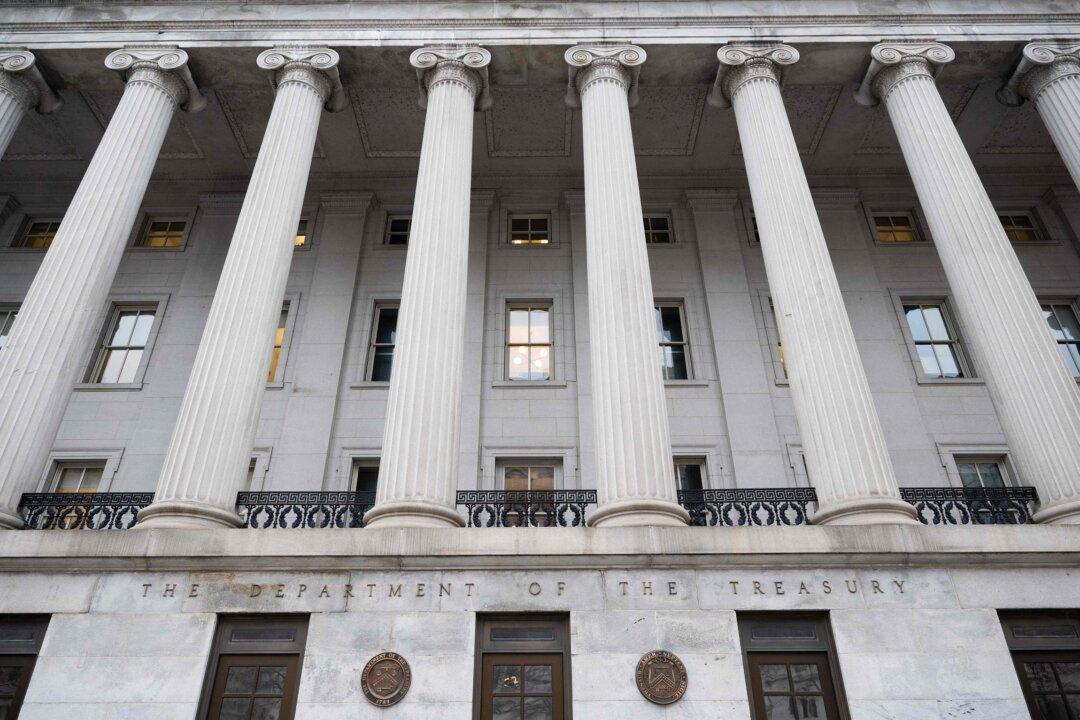The United States prides itself on its entrepreneurial spirit. Last year alone, nearly 5.5 million new businesses filed applications, the highest in U.S. history. However, a new scenario exists where small businesses forming in 2024 could be issued penalties of $500 a day and possibly jail time if they don’t adhere to new federal regulations that few have heard of.
The Financial Crimes Enforcement Network (FinCEN), a bureau of the U.S. Treasury, has quietly enacted new regulations under the Corporate Transparency Act (CTA) with the goal of safeguarding the U.S. financial system from “illicit use, combat money laundering and its related crimes including terrorism.” To meet these goals, the bureau now requires all new businesses to reveal what the agency refers to as “beneficial owners” within 90 days of formation. Existing small businesses have until Jan. 1, 2025, to comply.





